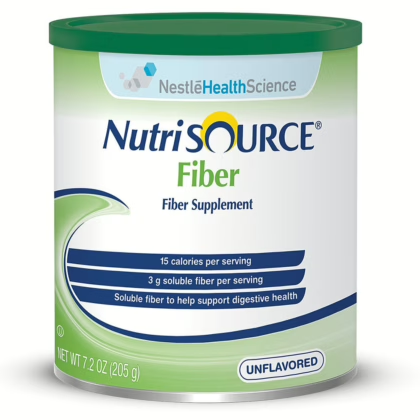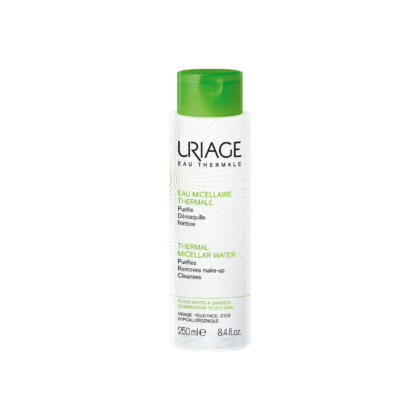
Feeling like your lungs are rebelling against the weather? That morning wheeze getting a little more concerning when the humidity climbs? If you struggle with asthma, you’re probably nodding your head right now. Humidity and asthma can be a real double whammy, making it harder to breathe and turning those outdoor adventures into a struggle for air. But before you resign yourself to a summer of misery, here’s some good news: you can fight back!
Let’s discover why and how of humidity-induced asthma troubles, and explore some winning strategies to keep your breathing easy, no matter the weather.
During an asthma attack, the airways in your lungs become inflamed and narrowed. When air is humid, it carries more water vapor. As you breathe in this moist air, the lining of your airways can absorb some of the moisture. This can cause the airways to swell further, restricting airflow and triggering asthma symptoms.
Humidity isn’t the only culprit. Dust mites and mold thrive in damp environments. These allergens can further irritate airways and exacerbate asthma symptoms. Additionally, during high humidity periods, pollen can become clumped and heavier, making it more likely to trigger asthma in those with pollen allergies.
Here are some steps you can take to manage your asthma when humidity levels rise:
By taking these proactive steps, you can minimize the impact of humidity on your asthma and breathe easier, even in the most humid environments.











